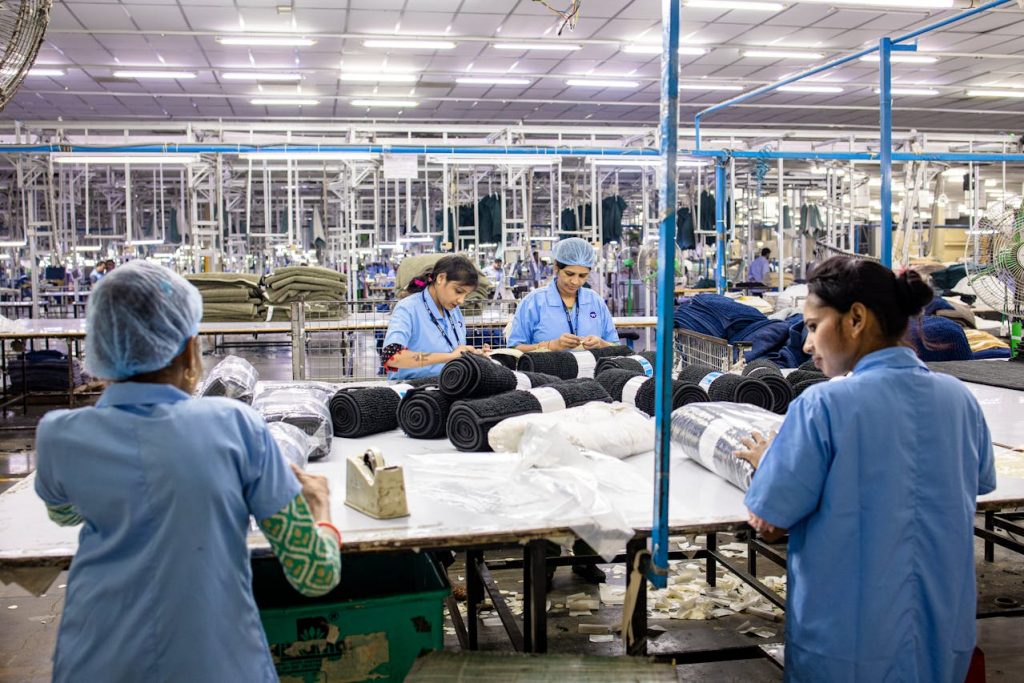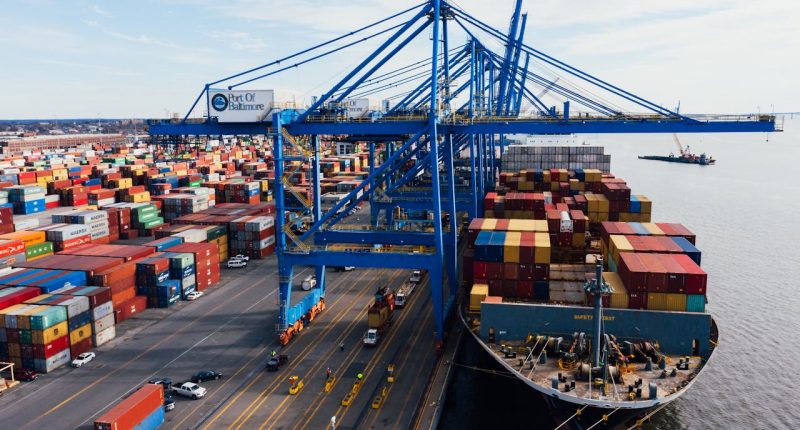Do you enjoy shopping? Do you ever feel disappointed when foreign products seem too costly? Ever wondered why this happens? The answer lies in something called a tariff. In this blog, we will break down what a tariff is and explain why tariffs play such an important role in our daily lives.
What is a Tariff?
A tariff is a tax that a government imposes on goods when they cross its borders. It can apply either when goods are entering the country (imports) or leaving it (exports). By doing this, the government directly influences the price of those goods.
When a tariff is added, the cost of the foreign product increases. As a result, the same product made within the country becomes cheaper and more attractive to buyers. This shift in price makes people choose local goods instead of imported goods.
For example, imagine India places a 20% tariff on imported steel. This means that foreign steel will cost more than before once it enters the Indian market. Consequently, local manufacturers who produce steel within India can now compete with them. Because their products will be priced lower than the imported version. So this policy can strengthen domestic industries and reduce reliance on imports.

Why Does a Nation Need Tariffs?
Governments do not impose tariffs randomly. Instead, they use them as a strategic tool to achieve multiple economic and political goals. Let’s break down the main reasons:
1) Protecting Domestic Industries
Tariffs protect local producers from cheaper foreign goods. When imported items become more expensive, local businesses get a fairer chance to compete. This protection is very important for new industries. Otherwise, they may struggle to survive against well-established global players.
2) Generating Government Revenue
Tariffs serve as a source of income for governments. In developing countries, tax collection systems may not be efficient. So tariffs are very useful for such countries.
By taxing imports, the government secures steady revenue. Later, this income can be used for infrastructure, healthcare, or education in the nation.
3) Balancing Trade Deficits
Additionally, tariffs help nations manage their trade balance. When imports become costlier, people tend to buy more locally made goods. As a result, the volume of imports falls, which can help reduce a country’s trade deficit. This makes the nation less dependent on foreign products.
4) Using as a Bargaining Tool
Sometimes, countries use tariffs to bargain in trade talks. One nation may raise tariffs to push another country to lower its own trade barriers. In this way, tariffs work not just as taxes but also as tools to get better deals in global negotiations. So, tariffs are not only economic tools but also diplomatic weapons in the global market.

Impacts of Tariffs
Tariffs do not affect only one group, but the entire economy. From everyday consumers to international trade partners, their influence can be both positive and negative. Let’s explore the key impacts:
1) On Consumers
Tariffs mean higher prices for imported goods. When costs rise, consumers either pay more or shift to local substitutes. So, this reduces their choices. Moreover, this can sometimes lower the overall quality or variety of products available in the market.
2) On Domestic Industries
On the other hand, tariffs protect local producers. Since foreign goods become more expensive, domestic businesses get opportunities to grow and compete. This may lead to more jobs and stronger local industries.
3) On Global Trade
However, tariffs rarely go unanswered. Trading partners may respond by imposing their own tariffs, creating a cycle of retaliation. This can lead to trade wars, which strain international relations and disrupt the smooth flow of goods across borders.
4) On Economic Growth
Tariffs have a mixed effect on the overall growth of a nation. While certain industries may thrive under protection, the economy as a whole can suffer from higher costs, reduced trade, and slower innovation. Over time, this may limit the nation’s global competitiveness.
Advantages of Tariffs
Tariffs, when applied thoughtfully, can offer several advantages to a nation’s economy. Let’s look at the major benefits:
1) Protects Local Jobs
First and foremost, tariffs safeguard domestic employment. By making imported goods more expensive, governments encourage people to buy from local producers. As demand for homegrown products rises, businesses expand, and more jobs are created.
2) Boosts Government Revenue
In addition, tariffs serve as an important source of income for governments. Every tax collected on imports flows into public revenue. This income can be spent on the development of the various sectors such as infrastructure, healthcare, education, and other essential services.
3) Encourages Domestic Manufacturing
Moreover, tariffs strengthen local industries. When imports become costlier, domestic manufacturers gain a competitive edge. This push often motivates companies to innovate, invest in better technology, and improve production capacity.
4) Enhances National Security
Tariffs can also provide strategic protection. For instance, by restricting imports of sensitive goods such as defense equipment or critical technologies, a nation reduces reliance on foreign suppliers. This ensures greater security and stability in times of crisis.

Disadvantages of Tariffs
While tariffs can strengthen certain sectors, they also come with significant drawbacks. Let’s break them down:
1) Higher Prices for Consumers
Tariffs increase the cost of living. When imported goods become more expensive, consumers have to pay higher prices. This can limit purchasing power and reduce overall consumption.
2) Risk of Trade War
When one country raises taxes on imports, trading partners often respond with their own tariffs. This tit-for-tat approach can hurt exporters in the home country and lead to trade wars.
3) Reduced Innovation and Efficiency
Moreover, tariffs can lead to inefficiency of local industries. If domestic firms face less foreign competition, they may have fewer incentives to innovate or improve efficiency. Over time, this can weaken competitiveness on the global stage.
4) Global Supply Chain Disruption
Many businesses today rely on raw materials or components sourced from different parts of the world. Higher import costs may increase production expenses, delay shipments, and disturb global trade networks.
Final Words: See the Picture, Know the Role
Tariffs may seem like just another economic policy, but they shape what you buy and how much you pay. By seeing the bigger picture, you can understand their role in global trade and in your daily life. Whether you support or question them, tariffs will continue to play a key role in your shopping decisions.









